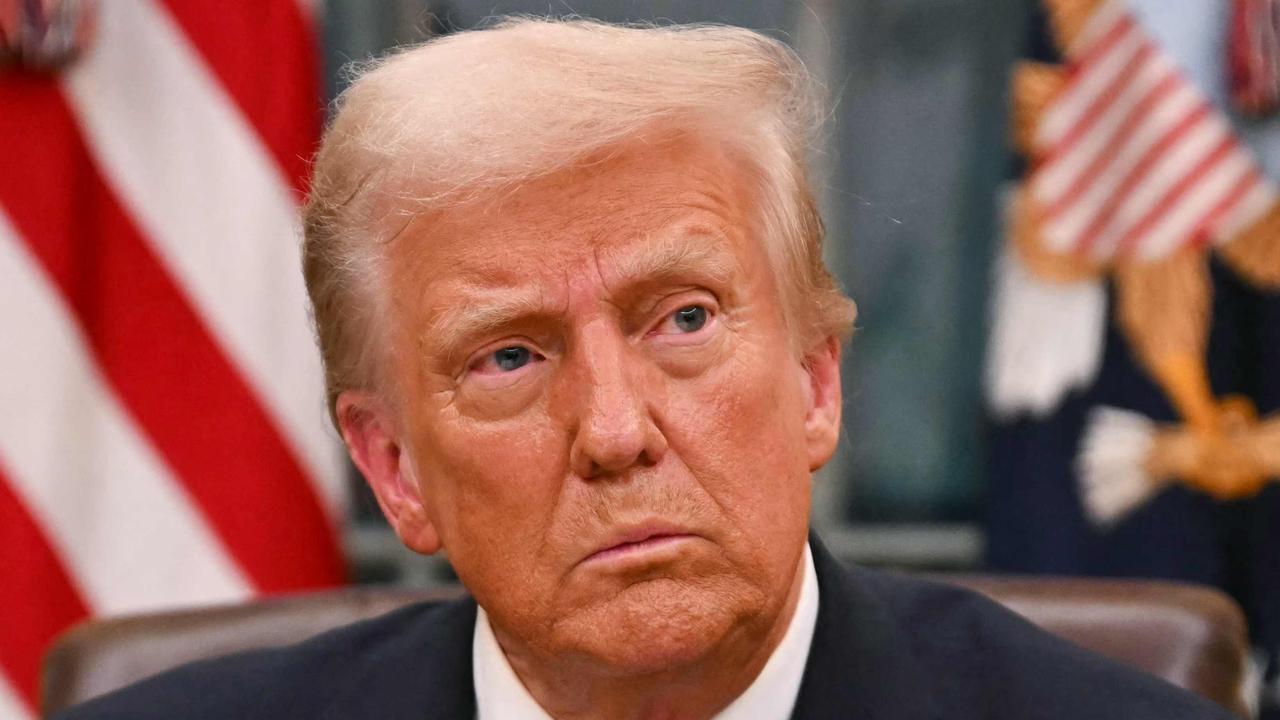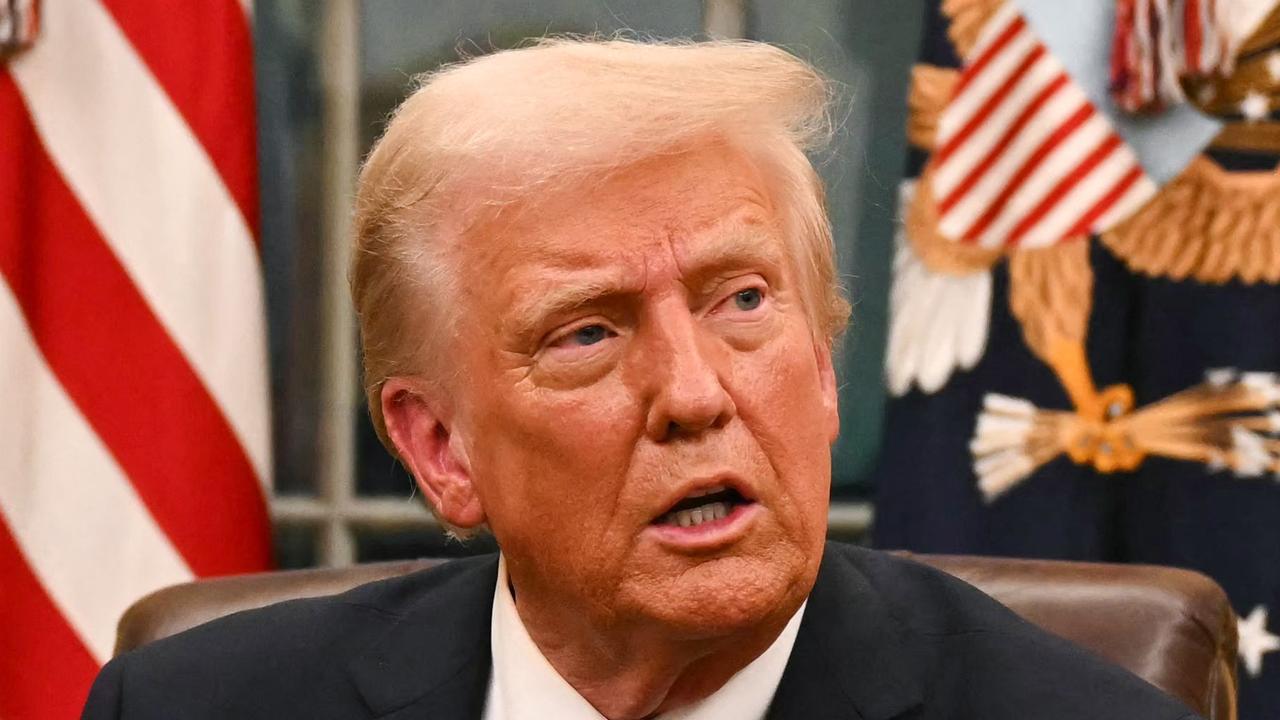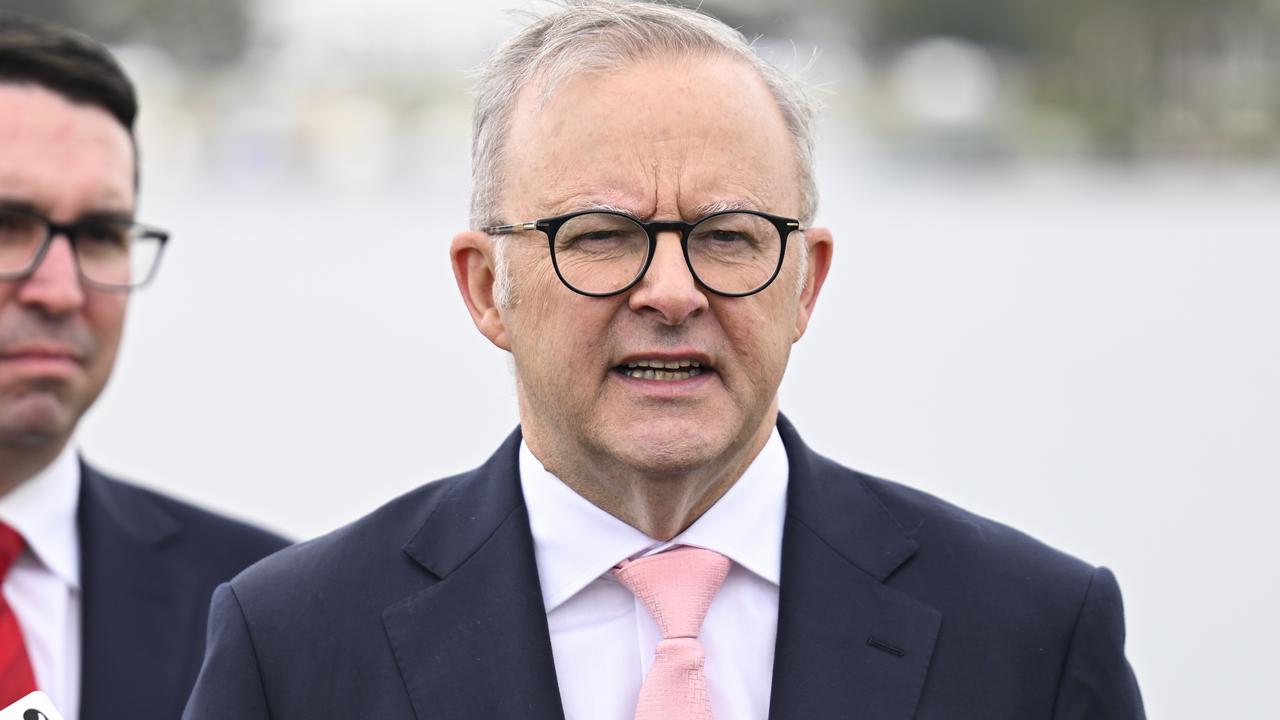Iran installing new nuclear equipment: UN
WORLD powers have responded to Iran's reportedly new nuclear equipment, saying they are seriously concerned.
IRAN has begun installing next-generation equipment at one of its main nuclear plants, the UN atomic watchdog says, drawing condemnation from the United States, Britain and Israel five days before Iranian talks with world powers.
"On 6 February 2013, the agency observed that Iran had started the installation of IR-2m centrifuges" at the Natanz plant, the International Atomic Energy Agency report said on Thursday.
"This is the first time that centrifuges more advanced than the IR-1 have been installed" at the plant in central Iran, the agency added.
One official said that Iran intended to install about 3000 of the new centrifuges at Natanz - where about 12,500 of the older models are installed - enabling it to speed up the enrichment of uranium.
This process is at the heart of the international community's concerns about Iran's nuclear program, since uranium enriched at high levels can be used in a nuclear weapon.
News of this advanced equipment drew an immediate reaction on Thursday from Washington, which called it "yet another provocative step" by Iran.
Britain also expressed "serious concern" about the latest development, with Foreign Office minister Alistair Burt calling it "another signal that Iran has no intention of providing the necessary reassurance... that its nuclear program is for purely peaceful purposes."
Israel, the Middle East's sole - if undeclared - nuclear-armed state that has refused to rule out bombing Iran, meanwhile warned that Tehran was "closer than ever" to achieving the amount of enriched uranium to make a nuclear bomb.
"Preventing nuclear arms from Iran will be the first topic Prime Minister Benjamin Netanyahu will discuss with US President Barack Obama," expected in Israel in March, Netanyahu's office said.
Despite the developments at Natanz, the IAEA's quarterly report seen by AFP also noted that Iran has not started operating any new equipment at its Fordo plant.
Fordo is of more concern to the international community, since it is used to enrich uranium to fissile purities of 20 per cent and Natanz mostly to five per cent.
The ability to enrich to 20 per cent is technically speaking considerably closer to 90 per cent, the level needed for a nuclear weapon.
Iran denies seeking atomic weapons but many in the international community suspect otherwise, and the UN Security Council has passed several resolutions calling on Iran to suspend all uranium enrichment.
Parallel efforts by the IAEA dating back more than a year to press Iran to grant it access to sites, documents and scientists involved in what the agency suspects were past efforts to develop nuclear weapons remain stalled.



